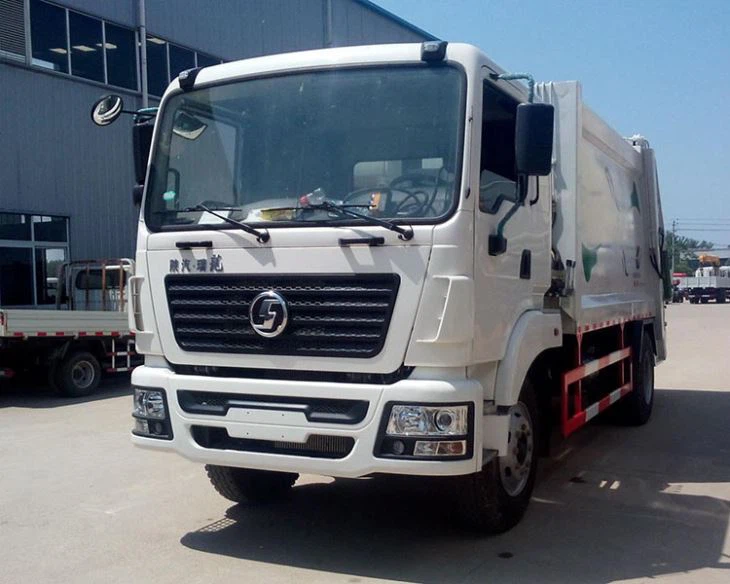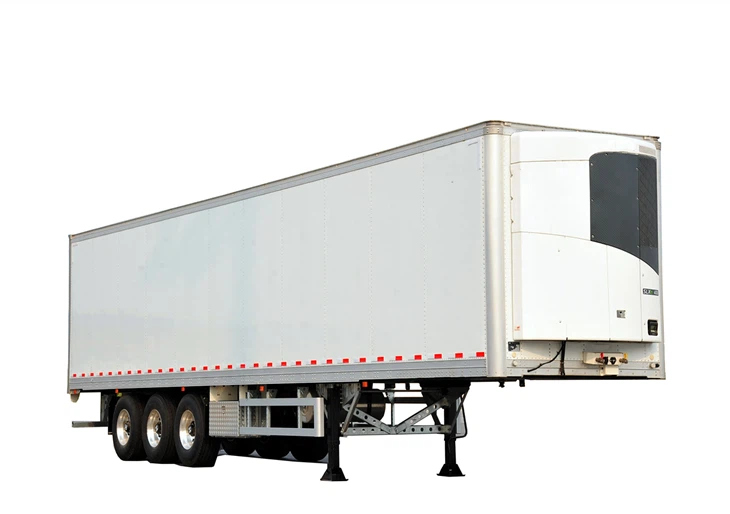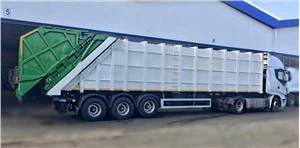In recent years, small trucks with diesel engines have gained popularity among consumers seeking a reliable, fuel-efficient, and robust vehicle for both personal and commercial use. These trucks offer a perfect balance between power and efficiency, making them suitable for a wide range of tasks, from hauling heavy loads to commuting. In this article, we will explore the benefits, features, types, top models, and practical tips regarding small trucks with diesel engines.
Understanding Small Trucks with Diesel Engines
Small trucks, commonly referred to as compact or midsize trucks, are designed for enhanced maneuverability and efficiency compared to their larger counterparts. Diesel engines are known for their superior torque and fuel economy, making them an excellent choice for those who require a dependable and powerful workhorse. Let’s delve deeper into what makes small diesel trucks a great option.
What is a Diesel Engine?
A diesel engine is an internal combustion engine that ignites fuel through compression rather than a spark. Due to this method, diesel engines can achieve higher fuel efficiency and produce more torque, making them suitable for heavy-duty applications.
Benefits of Diesel Engines in Small Trucks
- Fuel Economy: Diesel engines typically provide better fuel efficiency compared to gasoline engines, allowing for longer trips between refueling.
- Torque and Power: The high torque output makes diesel engines ideal for hauling and towing.
- Longevity: Diesel engines are built to withstand more wear and tear, leading to extended lifespans.
- Resale Value: Diesel trucks often retain better resale values due to their durability and demand.
Key Features to Look for in Small Diesel Trucks
1. Engine Performance
When considering a small truck, the engine performance is paramount. Look for vehicles that offer a balance of horsepower and torque, ensuring they can handle heavy loads while providing decent acceleration.
2. Fuel Efficiency
Examine the miles per gallon (MPG) ratings. Small diesel trucks typically offer better fuel economy than their gasoline counterparts, making them more cost-effective for long-term use.
3. Towing Capacity
Determine the truck’s towing capacity based on your needs. Many small diesel trucks can tow anywhere from 5,000 to 7,500 pounds, depending on the model and configuration.
4. Cargo Space
Evaluate the cargo bed dimensions and payload capacity. Small trucks are designed to accommodate various items while maintaining ease of use.
5. Safety Features
Look for advanced safety features, such as airbags, stability control, and anti-lock braking systems. These contribute to the overall safety and reliability of the vehicle.
6. Comfort and Technology
Modern small trucks offer many features to enhance the driving experience, including infotainment systems, Bluetooth connectivity, and comfortable seating options.
Top Small Trucks with Diesel Engines
| Model | Engine Type | Horsepower | Torque | Towing Capacity | Fuel Economy (MPG) |
|---|---|---|---|---|---|
| Ford Ranger | 2.3L EcoBoost I4 | 270 hp | 310 lb-ft | 7,500 lbs | 24/29 |
| Chevrolet Colorado | 2.8L Duramax I4 | 181 hp | 369 lb-ft | 7,700 lbs | 20/30 |
| GMC Canyon | 2.8L Duramax I4 | 181 hp | 369 lb-ft | 7,700 lbs | 20/30 |
| Toyota Tacoma | 2.8L I4 Diesel (in select markets) | 159 hp | 280 lb-ft | 6,800 lbs | 18/22 |
| Ram 1500 EcoDiesel | 3.0L EcoDiesel V6 | 260 hp | 480 lb-ft | 12,560 lbs | 22/32 |
Practical Tips for Owning a Small Diesel Truck
Maintenance Tips
Regular maintenance is key to prolonging the lifespan of your diesel truck. Here are some maintenance tips:
- Change the oil regularly as per the manufacturer’s guidelines.
- Monitor coolant levels to prevent overheating.
- Inspect fuel filters and replace them when necessary.
- Keep an eye on tire pressures and tread depth.
Fuel Quality
Always use high-quality diesel fuel from reputable sources. Lower-quality diesel can lead to clogs and performance issues over time.
Choosing the Right Accessories
Select aftermarket accessories that can enhance utility, like towing hitches, bed liners, and toolboxes. These can add functionality and make your truck even more efficient.
Environmental Impact of Small Diesel Trucks
Diesel engines traditionally have faced criticism for emissions. However, advancements in technology have resulted in cleaner-burning diesel engines. Many manufacturers are implementing features such as:
- Selective Catalytic Reduction (SCR): Reduces nitrogen oxide emissions by injecting urea into the exhaust.
- Diesel Particulate Filters (DPF): Captures soot and helps clean exhaust gases before they exit the tailpipe.
- Improved Combustion Techniques: Newer diesel engines use various strategies to minimize harmful emissions while optimizing performance.
Cost Considerations
Initial Purchase Price
Small diesel trucks often come with a higher initial purchase price compared to gasoline alternatives. However, the long-term savings on fuel and maintenance can outweigh the upfront costs.

Fuel Costs
Although diesel fuel prices can fluctuate, the better fuel economy often compensates for the price difference compared to gasoline. Consider your average driving habits when calculating overall costs.
Insurance Rates
Insurance rates may vary and can be influenced by your truck’s model and usage. It is advisable to shop around and compare various insurance options.
Common Myths About Diesel Trucks
1. Diesel Engines are Noisy
Modern diesel engines have evolved significantly. Many are equipped with sound-dampening technologies, making them considerably quieter than older models.
2. Diesel Trucks are Slow
While most diesel trucks emphasize torque for towing, they also offer commendable horsepower, ensuring they aren’t sluggish. Many models deliver excellent acceleration and overall performance.
3. Diesel Maintenance is Expensive
While some diesel engines may require unique maintenance, the overall costs can even out over time due to their longevity and durability.
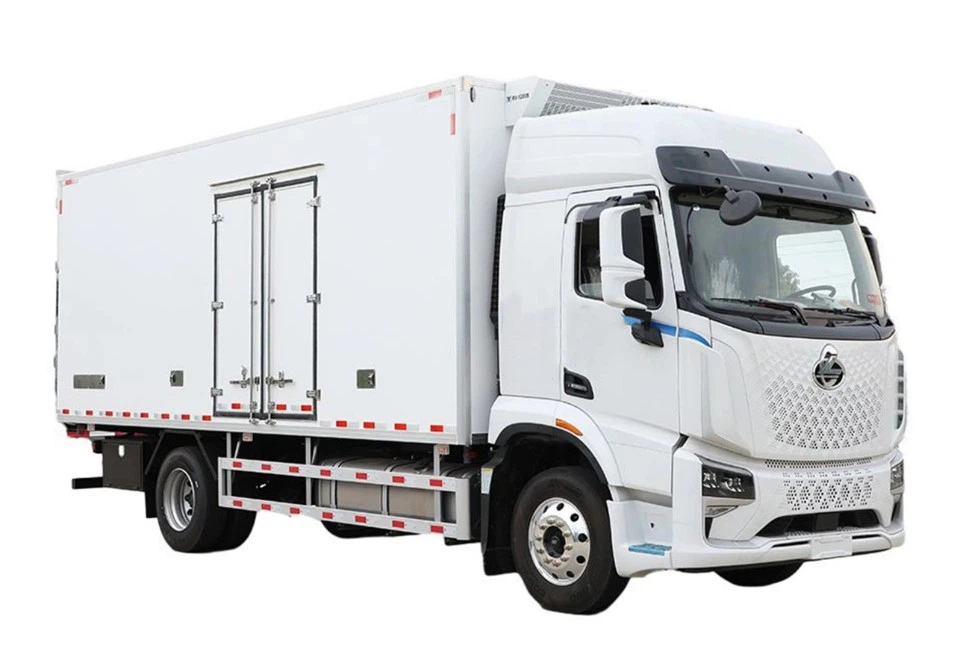
Frequently Asked Questions
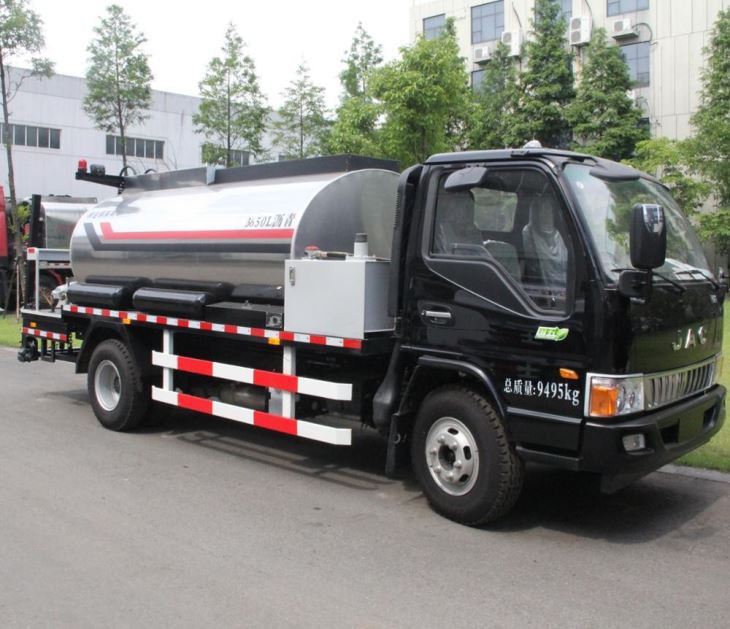
1. What are the benefits of a small truck with a diesel engine over a gasoline engine?
Small diesel trucks typically provide better fuel efficiency, higher torque for towing, and longer engine life compared to gasoline-powered trucks.
2. How often should I change the oil in a diesel truck?
Generally, it is recommended to change the oil every 7,500 to 10,000 miles, but always refer to your vehicle’s owner’s manual for specific guidelines.
3. Are small diesel trucks suitable for off-road driving?
Yes, many small diesel trucks are designed with off-road capabilities. Features like four-wheel drive and sturdy suspension make them suitable for rugged terrains.
4. What is the typical lifespan of a small diesel truck?
With proper maintenance, a small diesel truck can last anywhere from 200,000 to 300,000 miles or more, depending on the make and model.
5. Do small diesel trucks require special fuel?
Yes, small diesel trucks require diesel fuel, which can differ in formulation compared to gasoline. Always use the type specified in your owner’s manual.
6. Can I convert my gasoline truck to diesel?
While technically possible, converting a gasoline truck to diesel is complex and generally not cost-effective. It is more practical to purchase a diesel truck directly.

